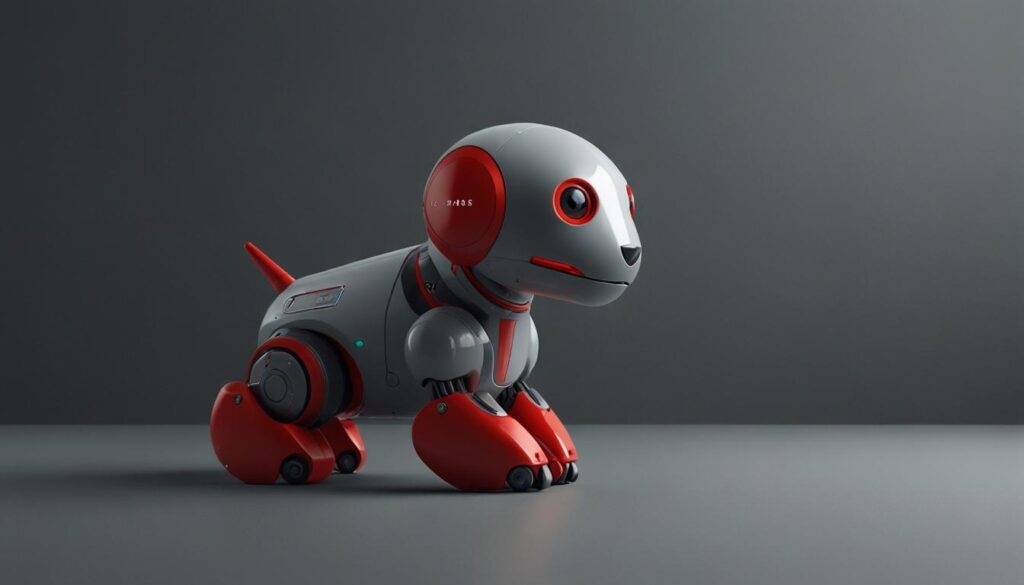Recent advancements in AI are reshaping how pet owners care for their animals, from smart collars monitoring biometrics to AI-powered apps translating pet vocalisations. While these innovations offer benefits in pet health and safety, concerns arise regarding the potential impact on the human-animal bond.
AI Innovations Benefit and Pose Questions for Pet Care
Recent advancements in artificial intelligence (AI) are transforming how pet owners manage their pets’ health and well-being. In Shrewsbury, Mass., Sandeep Sadhu’s mini goldendoodle, Simba, interacts with a companion robot named ORo, which feeds, supervises, and entertains the dog while learning its behavior.
AI-powered pet tech includes smart collars like PetPace, which monitor biometrics such as calories burned and stress levels. Melanie Rigden from the San Francisco Bay Area uses PetPace to proactively manage her mini-Australian labradoodle Ruby’s health. PetPace’s founder, Asaf Dagan, introduced the collar to help detect early signs of illness in pets.
Additionally, the TTcare app allows pet owners to upload photos of their pets’ eyes, skin, teeth, and joints for AI analysis. Companies like Petcube offer AI cameras with features such as treat dispensers and hazard detection.
Further innovations include MeowTalk, an AI-enabled app that translates cat vocalizations into human language. However, experts like Con Slobodchikoff, a conservation biologist, express skepticism about the accuracy of such apps.
Robot petsitters like ORo, developed by Divye Bhutani’s Ogmen Robotics, are designed to tend to pets’ needs and provide companionship. Despite their growing popularity, experts such as Gregory Berns from Emory University and Philip Tedeschi from the University of Denver express concerns about AI potentially undermining the bond between humans and their pets.
AI in pet care holds promise for improving pet health and safety, though it also raises questions about maintaining the unique human-animal bond.

